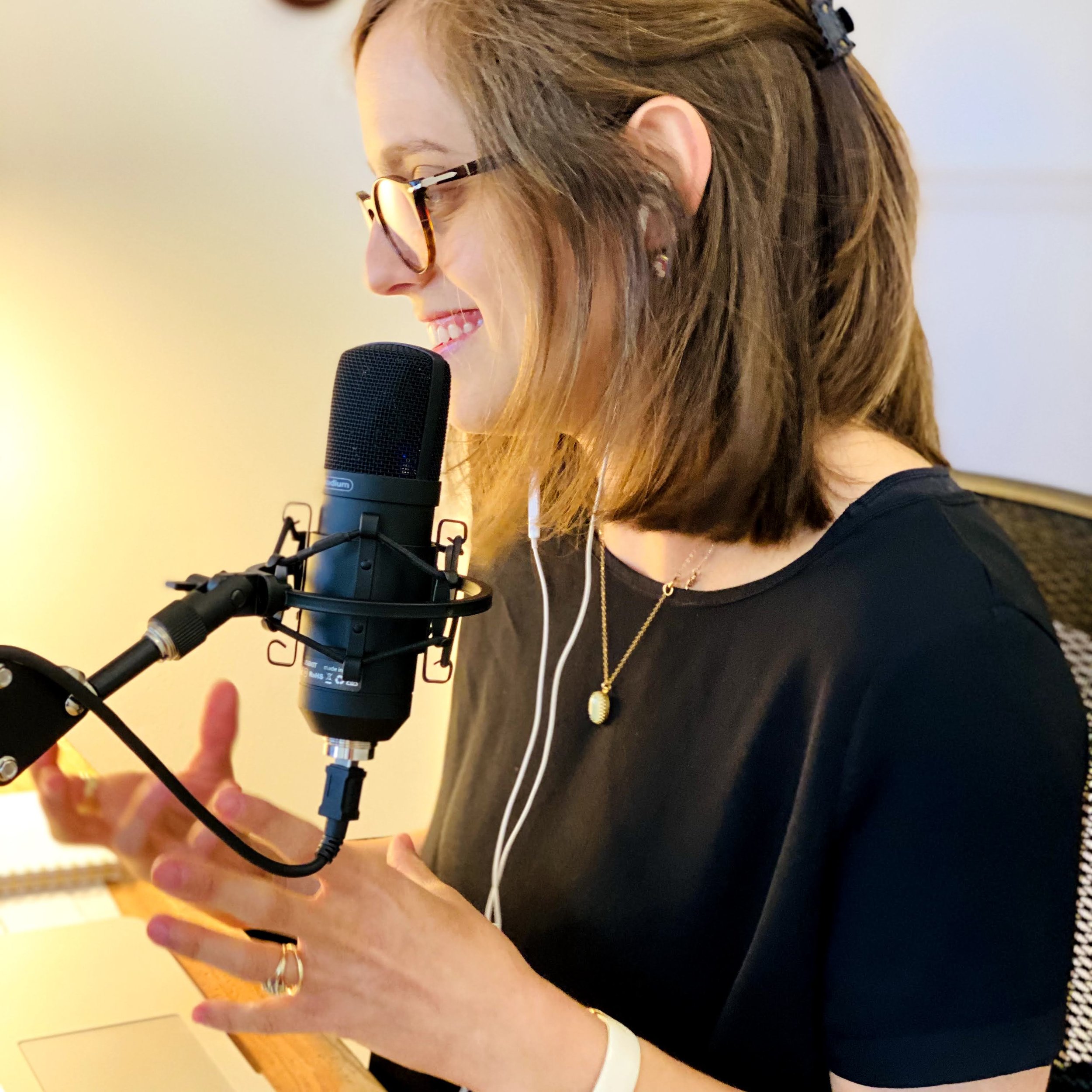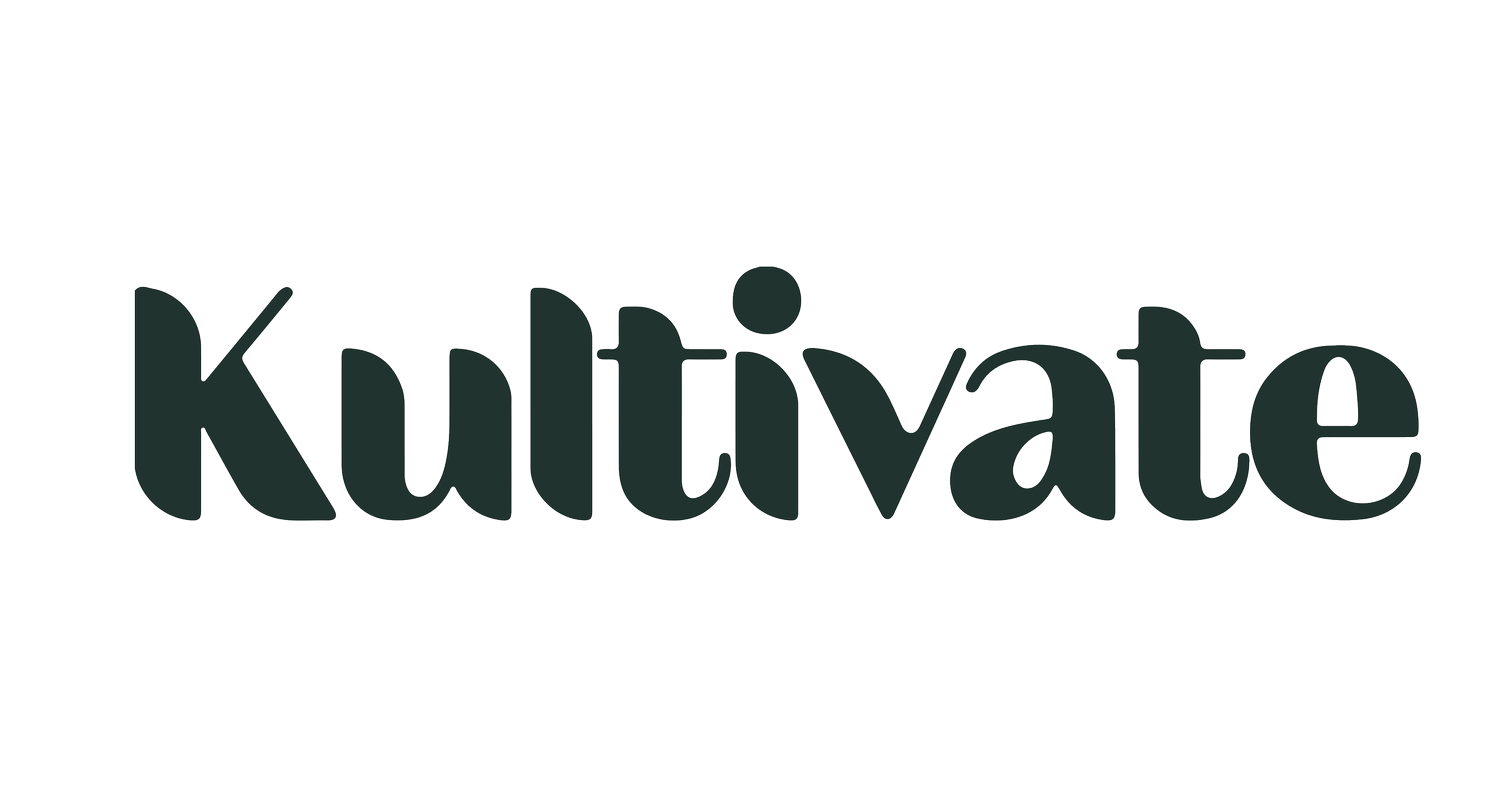
Welcome to (Un)marginalised
season 1 - episode 1
(Un)marginalised reveals the truth about living on the intersection of diverse identities. Founded and hosted by Liel Bridgford, the show focuses on improving all of our understandings of ourselves and each other.
The podcast reveals hidden truths we all want to know about through interviews of real people who belong to multiple disadvantaged groups.
We’re talking about everything – from sports, to fashion, parenthood, mental health, disability, migration and more. We’re exploring the triumphs, resilience, struggles and joys of our multilayered existence. We’re challenging myths and encouraging empathy, equality and love. Join us to laugh, cry, enjoy, and learn.
In this pilot episode, Liel talks about the reasons for starting this podcast, and what intersectionality mean.
To support the podcast, go to https://www.patreon.com/LielKBridgford
Episode transcript
Pilot Episode Transcript
“Shalom everybody. I’m Liel K. Bridgford, and this is (Un)marginalised, a raw podcast exploring the hidden truth about living on the intersections of diversity. In this pilot episode, I’ll explain why I’ve started this podcast in the first place, and what I mean by intersectionality. Most episodes to come will feature interviews with real people who navigate intersectionality, in all its glory. And well, non-so-flashy bits too.
A little about me, in case you’re not familiar with my work – I’m a writer, poet, parent, and a proud disabled female. I also hold an honours degree in psychology, and have been in the health and community field for nearly a decade. I have lived with a disability my whole life and have always grappled with issues of identity and culture. I was born in Israel, raised as Jewish and immigrated to Australia in my early 20’s. My relationship with womanhood and femininity is a bit of a complex one, so we’ll get into that another time. For me, navigating my diverse identities can be complicated, but also amazingly rich.
So what is intersectionality? I’ll start with some examples – as a female, I find myself worried about my safety (like many others do). But statistically, I’m more likely to experience gender-based violence because of my disability. Also, I might not be able to run or fight someone off as an able-bodied female might be able to, and that’s scary. When I became a mother, most health professionals’ advice I received was inaccessible – like ‘go for a walk’, which actually exacerbated my physical pain. Most books and apps also didn’t take into account I didn’t have any family around, or ordinary functioning legs.
I find great strengths and wisdom in others’ work – in disability advocacy as well as feminism. There are too many people to name that have made me feel I’m allowed to ask for accessible spaces, or that my experiences of being discriminated against matter. Working in the health and community field, and my engagement with activism has made it gradually clear that we have little understanding of how mental health, physical health, immigration status, race, gender, sexuality, and religion all interact with each other. For instance, we know women are more likely to struggle with their mental health during the perinatal period, but what about disabled women, or disabled women of colour? The understanding, knowledge, and data on such complex interactions of diverse identities is still under talked about, under researched, and misunderstood. That is what I mean by intersectionality – the experience of belonging to multiple disadvantaged groups.
All of us have multiple identities or roles – you are probably a child, friend, colleague, partner, parent, and many more. Sometimes you’re a customer, other times you’re the professional. Those of us who belong to multiple groups who have been traditionally marginalised experience particular challenges, but also hold unique insights, empathy or creativity.
When I started reading and connecting with others who also navigate intersectionality, I realised I wasn’t alone. It also brought forward the idea of this podcast – to facilitate everybody’s understanding of diverse experiences, and promote a conversation. I want to make feminism AND disability activism accessible and relevant to all. This podcast is being released in 2021, which I consider ‘The Year Of Rebuilding’. After the devastating effects of last year, we have an opportunity to rebuild our society for the better. Now, more than ever, it is critical for us to think of what new world we want to create once this is all over. Those of us who identify with multiple minority groups are at greater risk of gender-based violence, exlcusion, discrimination, imprismonment and death.
Our understanding as a society, and as professionals, must be complex, to fit the complex, rich and diverse society we live in. For me, this is the beauty of our culture, and humanity. Our richness and intricacies should be celebrated, not hidden or skimmed over.
So I’ve decided to try and give a voice to the traditionally marginalised, through this podcast, (Un)marginalised. Through the episodes I will be interviewing real people who navigate intersectionality, to hear what it’s been like for them. I want to give a voice to people who have historically been invisible in culture, arts, politics and more.
This podcast is for everyone. It is for you, who navigates multiple disadvantaged groups. It is also for you, who identifies with none, but wants to make this world equal and safe for all people.
You’ll hear about the triumphs, resilience, and struggles. I guarantee you will laugh, possibly cry, but most certainly gain a new and deeper understanding of others’ experience. I’m going to learn too, no doubt, because through listening to others and hearing each others’ stories, we grow to become the wonderful collective I know we can be.
So put your headphones in, and let’s get started.
I like to respectfully acknowledge the traditional owners of the land on which I’m recording the podcast, the Warranjri people of the Kulin Nation, and pay my respect to their elders past, present and emerging. As we tell our stories, I want to highlight that traditional owners of this land have been story tellers for generations.
To support the ongoing making of this podcast, head over to my patreon account www.patreon.com/LielKBridgford.”
